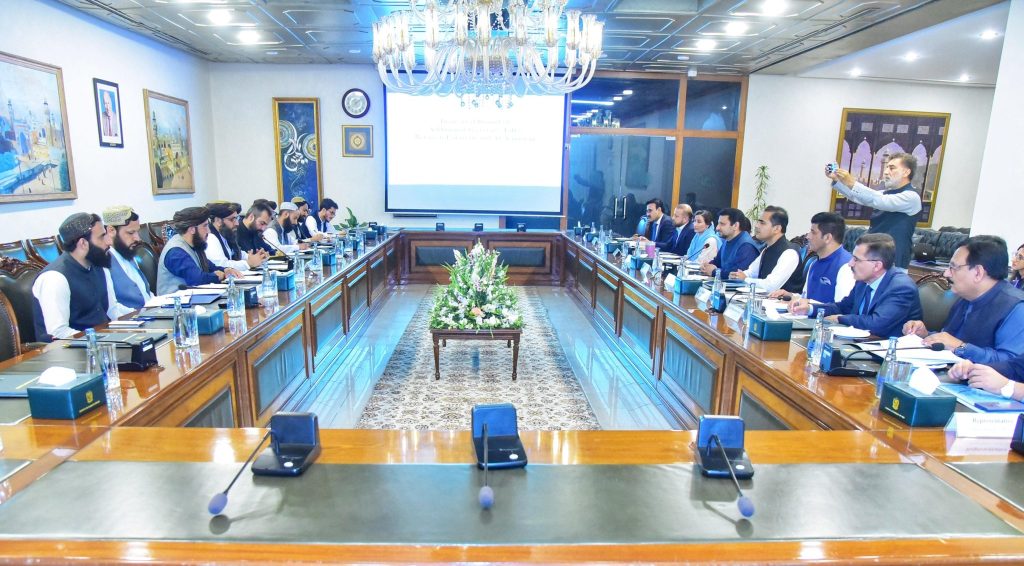Both delegations agreed that terrorism continues to pose a serious threat to regional peace and security, demanding sustained and collective vigilance

By our correspondent
KABUL: Pakistan and Afghanistan held the first round of Additional Secretary-level talks, aimed at following through on the commitments made during Deputy Prime Minister Ishaq Dar’s visit to Kabul on April 19. The dialogue, hosted under a fragile backdrop of cross-border tensions and regional insecurity, offered a cautious but important space for engagement.
The Pakistani delegation led by Syed Ali Asad Gilani, Additional Secretary for Afghanistan and West Asia, while the Afghan side represented by Mufti Noor Ahmad Noor, Director of the Political Division at the Afghan Ministry of Foreign Affairs. Both sides discussed a wide range of issues, including trade, transit cooperation, regional connectivity, and security.
According to the Foreign Office, both delegations acknowledged that terrorism remains a grave threat to regional peace and security. Pakistan reiterated its concern over the presence and activities of terrorist groups operating from Afghan soil, emphasizing the urgent need for tangible action against such elements, which continue to undermine Pakistan’s national security and hinder regional development efforts. Trade and transit remained key pillars of the discussion.
The Pakistani delegation reviewed the progress on measures announced during Dar’s visit, including the implementation of a track and trace system. Both sides expressed a shared interest in strengthening legal and regulated cross-border movement and acknowledged the strategic importance of regional projects like the Uzbekistan-Afghanistan-Pakistan railway initiative, which was seen as a vital link for sustainable development and mutual prosperity.
The issue of undocumented Afghan nationals in Pakistan also featured prominently in the talks. Discussions were held regarding the return of Afghan citizens, with the Pakistani side noting that over 500,000 visas have been issued under various categories since January 2024. The emphasis, officials said, remains on creating an orderly and humane process for legal movement and repatriation.
The two countries also agreed to finalize a framework agreement soon, which would formalize commitments and streamline future cooperation. While the political rhetoric surrounding Pakistan-Afghanistan ties often leans towards blame and defensiveness, this round of talks signaled a willingness to engage on shared concerns.



